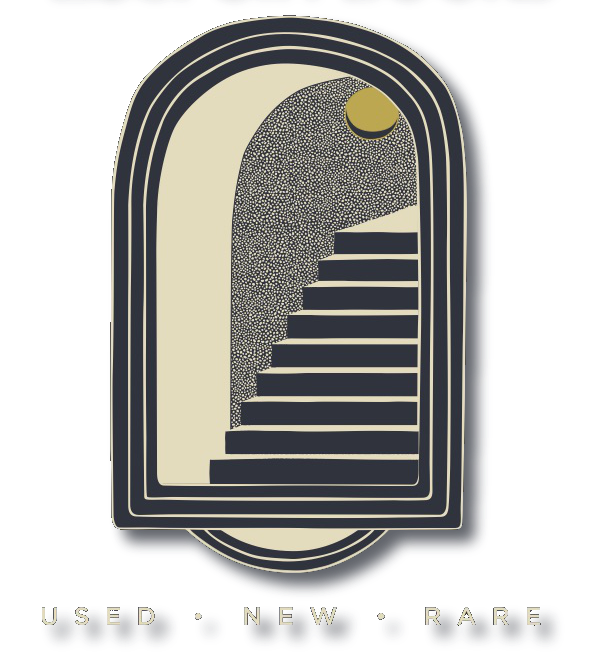A reading and discussion with noam keim, author of The Land Is Holy: a debut collection of anti-zionist, abolitionist, queer lyrical essays.
About the book:
Flora and fauna populate the lyrical essays in The Land is Holy, where natural life is used to glean respite, healing, and stubborn lessons on survival.”
Home has meant many different things to noam keim. Born a Queer Arab Jew in a settler family in Occupied Palestine, raised in the cobblestone streets of Mulhouse, France; a lifetime of escape across Europe, the foothills of Himalayas in Nepal, Bangkok, and then the makings of a chosen family on Occupied Lenape Land, known as Philadelphia. Through it all, the memory of one’s homes, the persistence of kin persecuted across timelines, their complicity in settler colonialism, and a dogged disavowal of inherited trauma. In this staunchly anti-zionist and abolitionist project, the author considers the wounds of diaspora ache by turning to the fierce primal inhabitants of their lineage for answers.
The stork in cyclical rotation, the bitter shiba, the prickly sweet Sabra, the blooming Lindens form larger-than-life metaphors in these essays. Surviving through violent crises and cruel political turns of hand, they are the salve to a world that can be possible with nurture. keim writes, “I want to believe that we carry, in our bodies and bones and blood, the particles of the leaves and flowers that saw our lineages past. Kin.” And in turn they urge us to find kinship with the world that wants us alive and buoyant.
*
“The Land is Holy is a collection overrun with generosity—one that generously asks a reader to consider what they might have taken for granted, what they might still be taking for granted. The stillness and beauty that not only surrounds us, but informs the history of what came before us. An understanding of what has been painted over, repurposed, and colonized, and how freedom can still be found, despite.”
— Hanif Abdurraqib, author of They Can’t Kill Us Until They Kill Us and There's Always This Year
About the author:
noam keim (they/them) is a trauma worker, medicine maker and flâneur freak.
Born a settler of Occupied Palestine in an Arab Jewish family hailing from Morocco, noam grew up in France, first in Mulhouse at the German and Swiss border, before moving to Paris for their studies.
After graduating from their masters in American Visual Culture, noam moved to Ann Arbor Michigan for a fellowship. Many tribulations with immigration later, they now live on stolen Lenni-Lenape land (known as Philadelphia) where they build webs of support for individuals impacted by carceral systems. They believe that their childhood antizionist beliefs is what brought them to their abolitionist practices.
Their non-fiction writing weaves themes close to their heart: reverence to the land, healing, queerness, colonialism, plants, abolition.
They are a Lambda Literary ’22 Emerging LGBTQ Voices Fellow, a Roots.Wounds.Words ‘23 fellow, a Tin House Winter Workshop ‘23 participant and a Sewanee. noam was an independent study fellow at POCOAPOCO in Oaxaca and will be an artist-in-residence at Space A in Kathmandu in the Fall of 2023. They are a Periplus ‘23 Fellow mentored by Grace Talusan.
noam’s essays have been published in Dardishi Vol.3, ALOCASIA and Foglifter.
Accessibility note: This event is up two flights of stairs and Lost City Books does not have an elevator.
RSVPs are appreciated!

